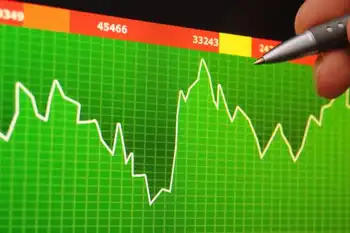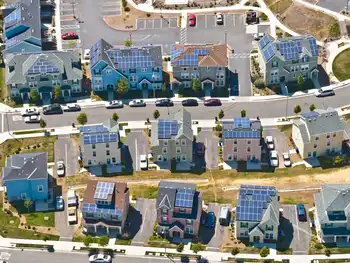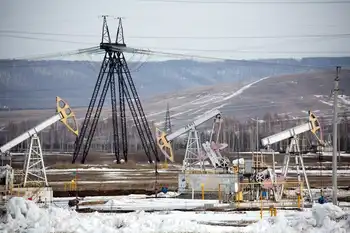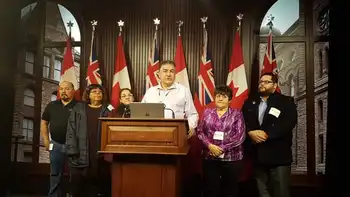BPA to Announce 'Painful' Conservation
Portland, OR -- -
Portland, OR -- A strategy that includes some "painful" steps necessary to keep the Pacific Northwest power grid humming this summer has been unveiled by the Bonneville Power Administration. The BPA, which markets about half of the electricity consumed in the region, scheduled a news conference in Portland Monday afternoon to outline steps necessary to avoid rate increases of more than 100 percent. "Some of these steps are painful, but, unless we take action now, we face consequences that I believe are unacceptable," said acting BPA Administrator Steve Wright. The Portland Oregonian reported Monday that the steps include urging utilities to institute tier-based rates to encourage conservation, and working with the aluminum smelters in the region to reduce the huge amounts of electricity they use. The rainy Pacific Northwest is generally rich in low-cost hydroelectric power, however an ongoing drought in the area as well as California's need for imported power has forced the BPA to plan a stricter rationing of their water resources. A cold snap in Pacific Northwest reduced the amount of power available for export to California on Monday, prompting the California Independent System Operator to declare a Stage Two power alert in the state. If power reserves in California decline further, a Stage Three alert that contains provisions for rolling blackouts would be issued.
Related News

Jordan approves MOU to implement Jordan-Saudi Arabia electricity linkage
AMAN - The Jordanian Cabinet on has approved the memorandum of understanding to implement the electricity linkage project between Jordan and Saudi Arabia.
The memo will be signed between the National Electric Power Company(NEPCO) and the Saudi National Electricity Company.
The agreement will enable the two sides to initiate technical and financial feasibility studies for the project, which aims to enhance the stability and reliability of electricity networks in both countries.
The initial feasibility studies, which came as part of the comprehensive Arab electricity linkage issued by the Arab League in 2014, had shown the possibility of implementing the Jordanian-Saudi linkage.
Also on Wednesday, the Government approved the…




